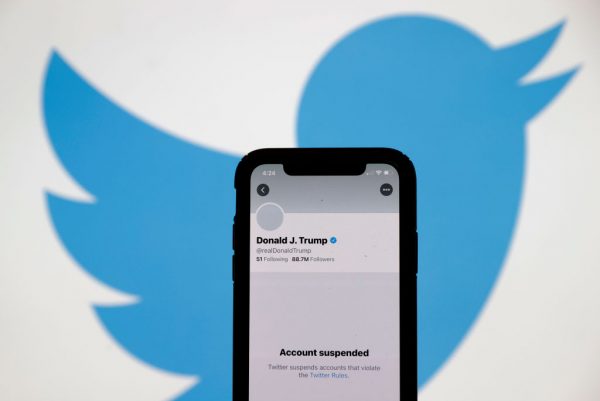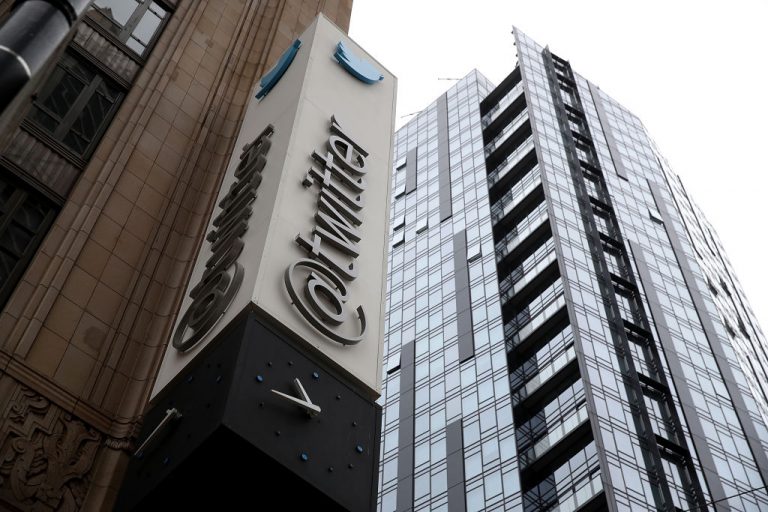Twitter has banned the sharing of private pictures, without consent, from its platform, citing “growing concerns about the misuse of media and information” to “harass, intimidate, and reveal the identities of individuals.”
The move came a day after Parag Agrawal was appointed the new CEO of the platform; however, Twitter insiders say the two are unrelated.
Twitter announced the change in its private information usage policy in a blog post on Tuesday, saying that the misuse of such sensitive information “disproportionately impacts women, activists, dissidents, and members of minority communities.”
READ MORE: Jack Dorsey Resigns as CEO of Twitter, Stock Surges 11% Before Trading Halted
Private information policy
Twitter’s rules on preventing users from exposing sensitive personal information like their email address, home address, credit card details (a practice called doxxing), or even someone’s intimate escapades online were already fairly robust.
Success
You are now signed up for our newsletter
Success
Check your email to complete sign up
It is unclear whether the new policy means that, going forward, users are no longer allowed to post pictures featuring public persons without having their posts taken down.
“When we are notified by individuals depicted, or by an authorized representative, that they did not consent to having their private image or video shared, we will remove it,” the blog post detailed.
However, there are “exceptions in order to enable robust reporting.” it says. “This policy does not apply to media featuring public figures or individuals when media and accompanying Tweet text are shared in the public interest or add value to public discourse.”

Dissenting voices
The new policy appears to appoint Twitter employees as the decision-makers when it comes to determining what content is of “public interest or add[s] value to public discourse.” This leaves the door wide open for Twitter to promote certain political views or opinions that are more in line with the company’s interests, critics say.
“The general rule around our private information policy is that if this is available and easily accessible off of Twitter, we’re not going to take action on it on Twitter,” Trenton Kennedy, a spokesperson for Twitter, told The Verge.
The measures could be used to block footage meant to expose law enforcement personnel assaulting or abusing peaceful demonstrators.
Or, as a Twitter user Indian_Bronson tweeted: “Rather than prevent doxxing, which they’ll continue to selectively allow, this will be used to prevent the public seeing what happened at a protest, or a crime scene, etc. wherein who is public and what can be shown is a determination of media/tech entities.”
Agrawal’s ascension to CEO has been met with mixed reactions, with Elon Musk comparing the way Agrawal replaced former CEO Jack Dorsey with how former Soviet dictator Joseph Stalin “ditched” Nikolay Yezhov.
Agrawal said last year, “Our role is not to be bound by the First Amendment…focus[ing] less on thinking about free speech, but thinking about how the times have changed.”
Texas Congressman, Lance Gooden, addressed Agrawal’s prior statements in a tweet on Nov. 30, “Now is the time for Congress to pass my bill to REIN IN Big Tech!”
















